Lunchbox Ideas That Your Kid Won’t Trade Away
School lunchboxes often return home barely touched while kids complain they’re “starving.” The cafeteria pizza suddenly seems more appealing than your lovingly prepared meals. Here’s how to pack lunches that kids actually want to eat—not trade to friends or throw away when you’re not looking.
Pack What They Actually Eat at Home
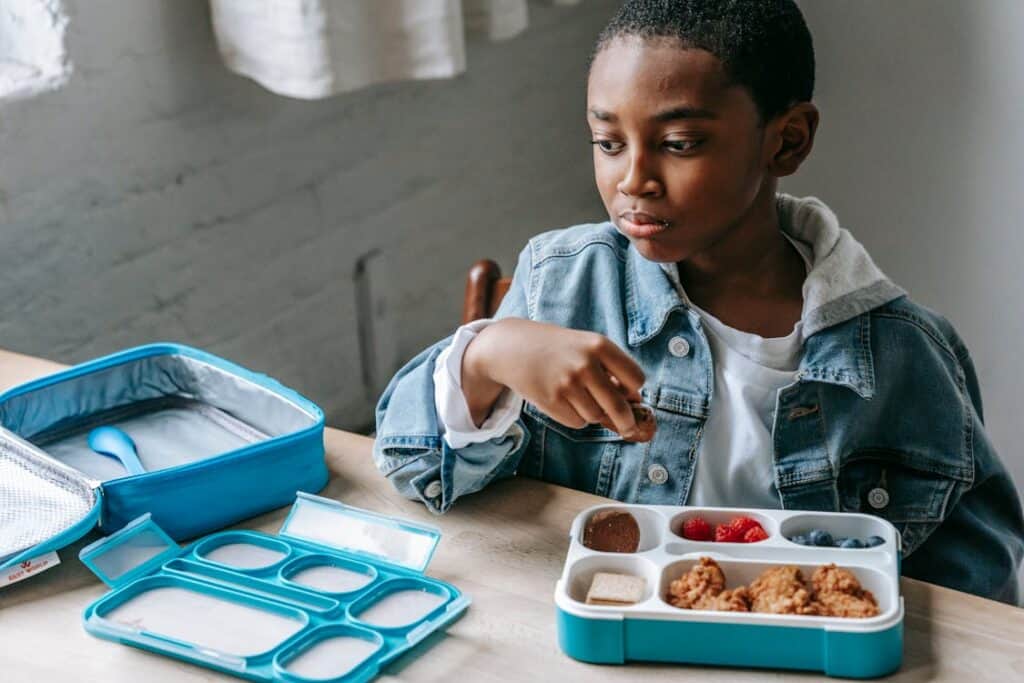
Don’t pack new foods for lunch—school isn’t the place for culinary experiments. Stick with proven favorites that you know they’ll consume willingly. A simple sandwich they love beats an elaborate bento box they won’t touch. Save new food introductions for relaxed home meals where you can encourage trying without lunch period pressure.
Include One “Fun” Item
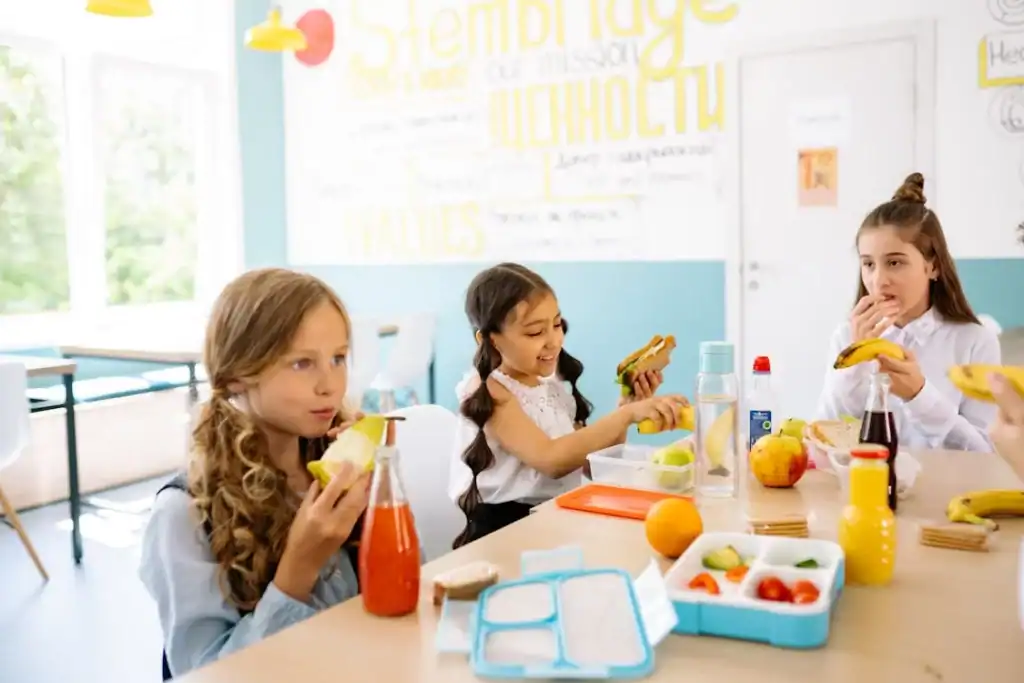
Pack something special that makes lunch feel exciting: fun-shaped crackers, colorful fruit pouches, or string cheese. This doesn’t mean junk food—just something that feels treat-like to your child. One enjoyable item can make the entire meal more appealing and gives them something to look forward to opening.
Make Familiar Foods Look Different
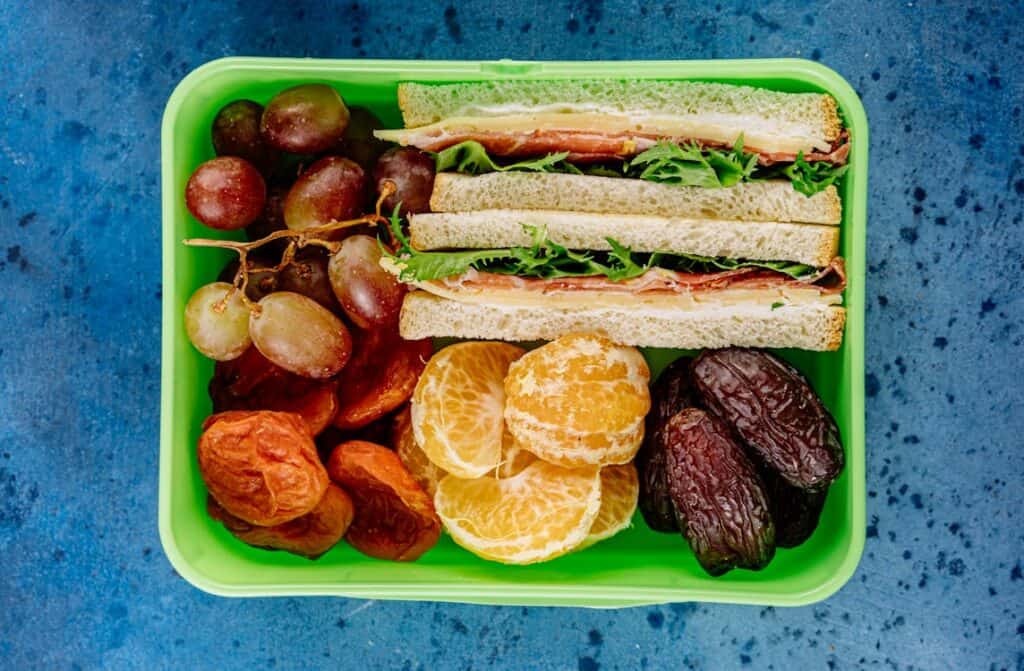
Cut sandwiches into shapes, use cookie cutters on cheese, or pack deconstructed versions of favorites. Quesadilla triangles, pasta salad instead of hot pasta, or apple slices with separate peanut butter cups feel new while staying familiar. Visual variety maintains interest without changing flavors they already enjoy eating regularly.
Temperature Matters More Than You Think
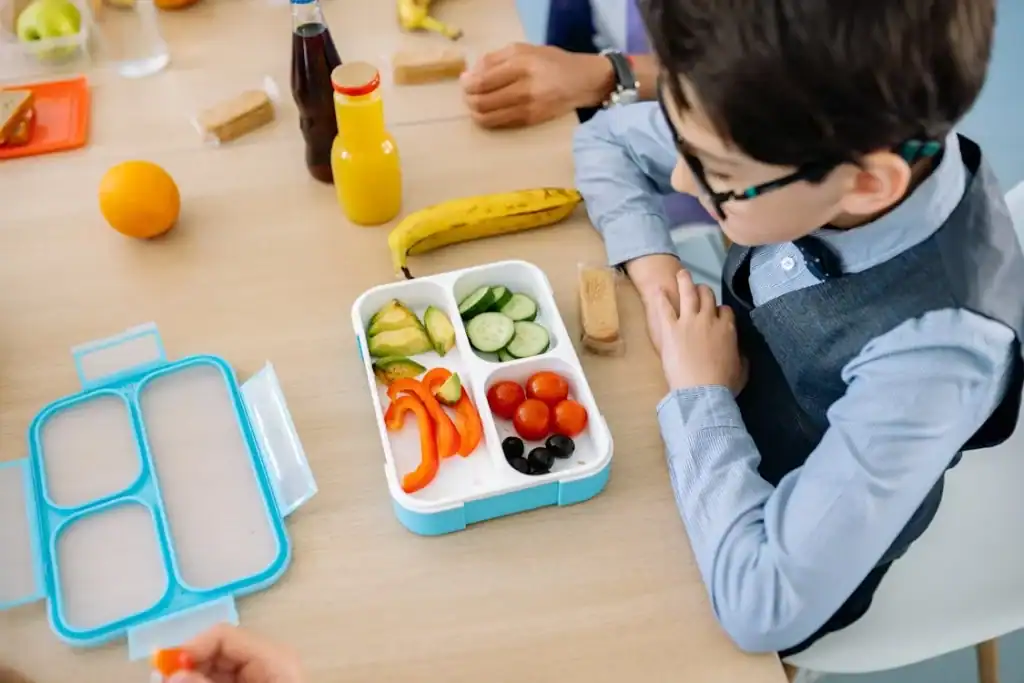
Hot foods should stay hot, cold foods cold. Invest in quality insulated containers that maintain proper temperatures until lunch time. Soggy sandwiches and warm yogurt are unappetizing regardless of how nutritious they are. Proper temperature preservation makes the difference between foods that get eaten and foods that get discarded.
Keep It Simple to Eat
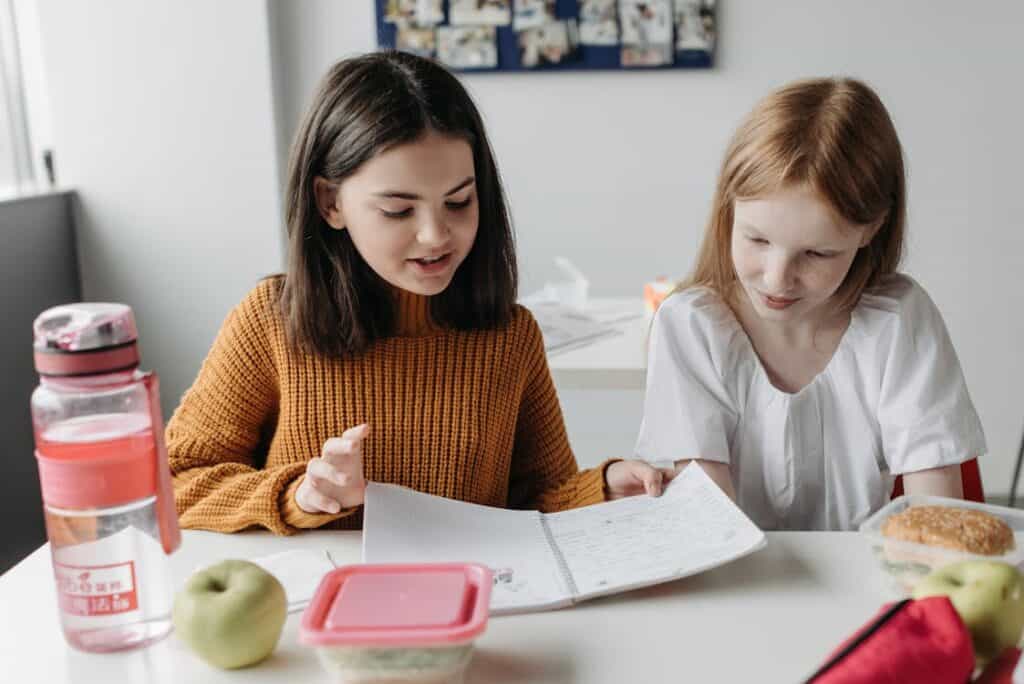
Avoid foods requiring assembly or complicated eating processes. Lunch periods are short and social—kids want easy-to-manage foods that don’t require focus or create mess. Save elaborate dishes for home meals. Simple, finger-friendly options get consumed while complex preparations often get abandoned for easier alternatives.
Include Protein They’ll Actually Consume
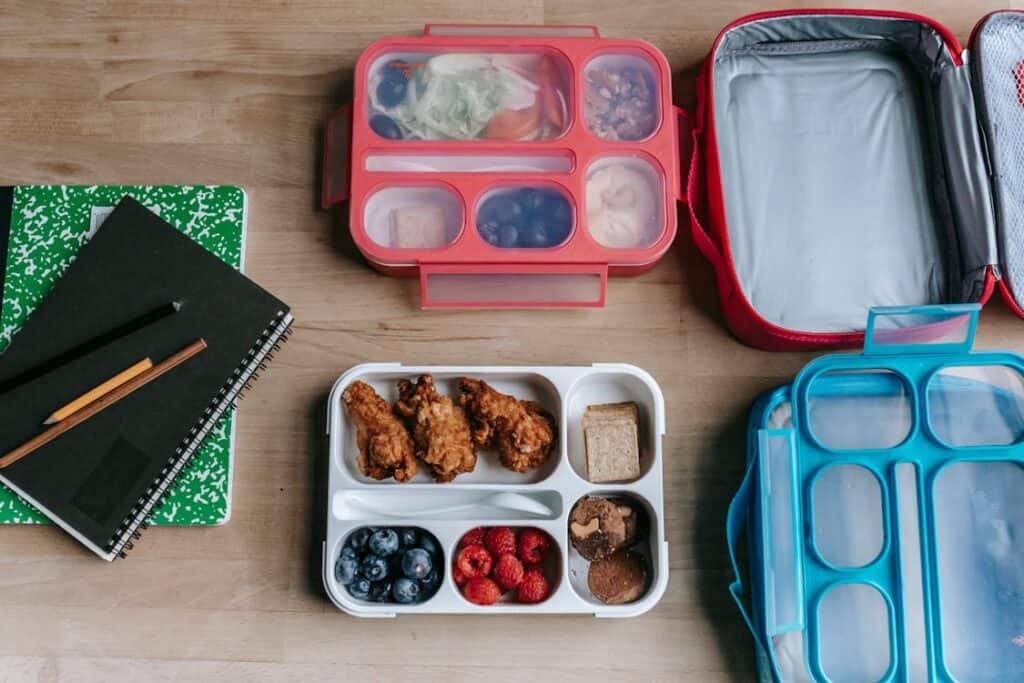
Not every child likes turkey sandwiches or hard-boiled eggs. Consider alternatives: cheese sticks, hummus, nut butters, or leftover meatballs. Protein keeps them satisfied longer and supports afternoon concentration. Find what works for your child rather than forcing traditional lunch proteins that end up uneaten and wasted.
Pack Hydrating Foods
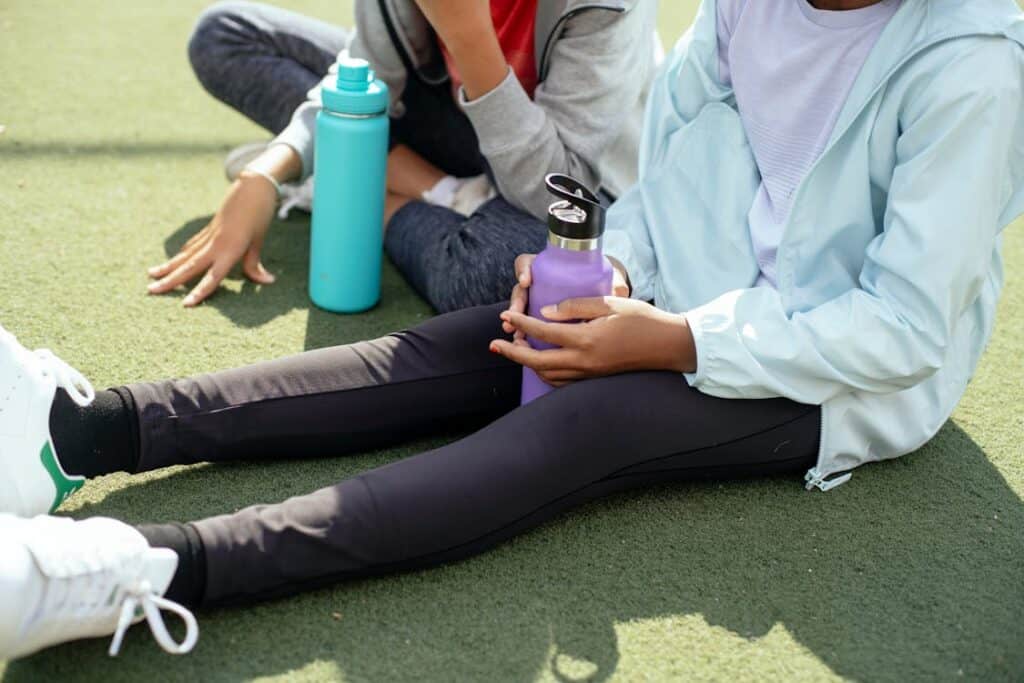
Include water-rich options like grapes, cucumber slices, or watermelon chunks. Many schools restrict drink options, and hydrating foods help prevent afternoon fatigue and headaches. These foods also tend to be naturally sweet and appealing to children while providing essential nutrients and supporting overall health throughout the school day.
Consider Eating Order Psychology
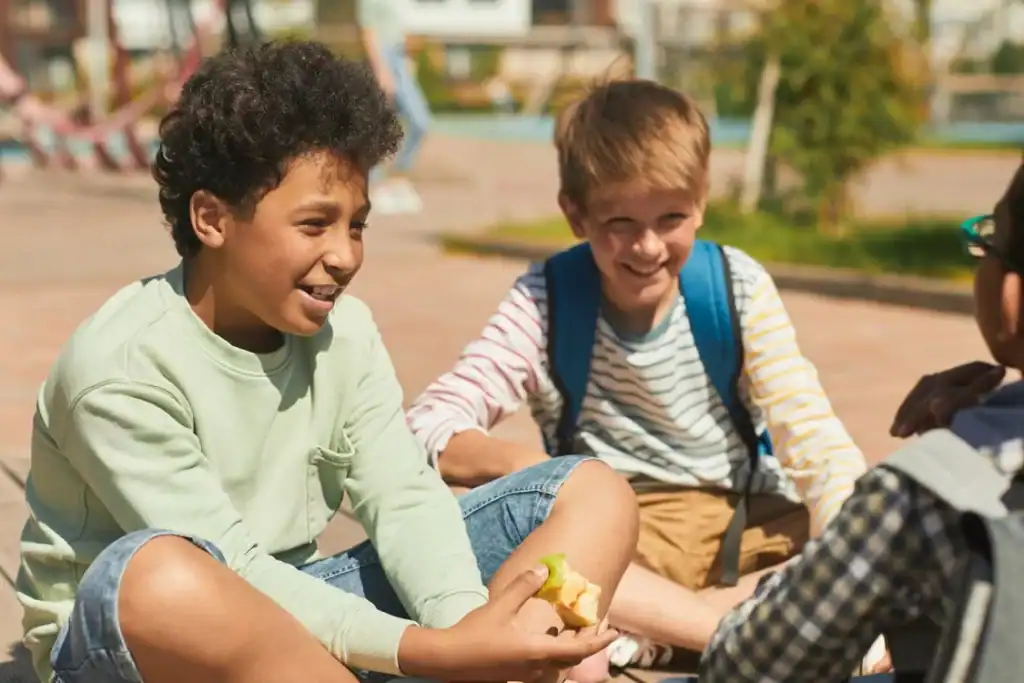
Place the most nutritious items in easiest-to-reach spots. Kids often eat what they see first when opening lunch containers. Put fruits and vegetables in prominent positions while burying less healthy options deeper in the lunchbox. Strategic placement encourages better eating choices without creating food battles or restrictions.
Ask for Their Input
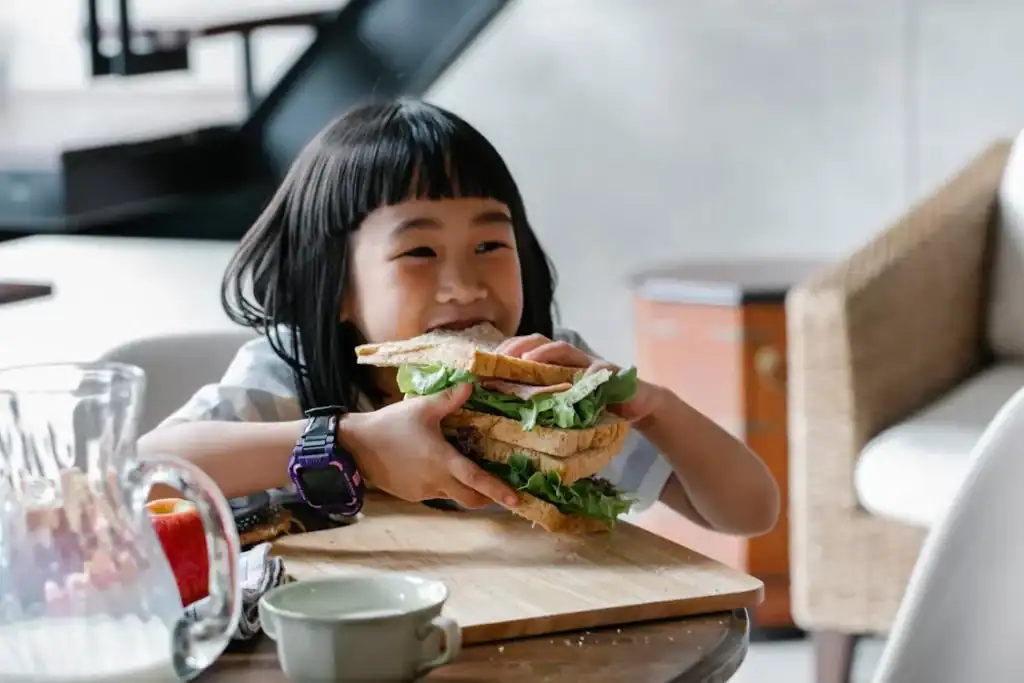
Let children help plan and pack lunches on weekends. They’re more likely to eat foods they helped choose and prepare. This also teaches meal planning skills and gives them ownership over their nutrition choices. Age-appropriate involvement makes lunch feel collaborative rather than something imposed on them by parents.
Have Backup Plans for Picky Days
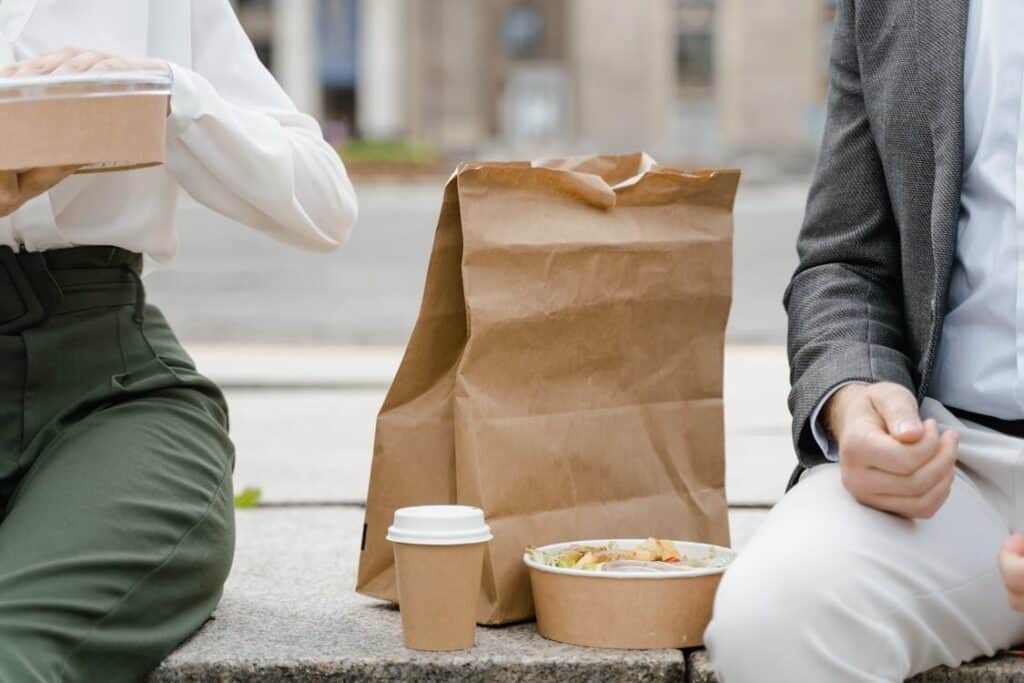
Keep shelf-stable backup options at school for days when packed lunch doesn’t appeal: crackers, granola bars, or fruit cups. This prevents hangry afternoons and reduces pressure on both you and your child. Having alternatives available removes the all-or-nothing stress that makes lunch battles worse for everyone involved.





